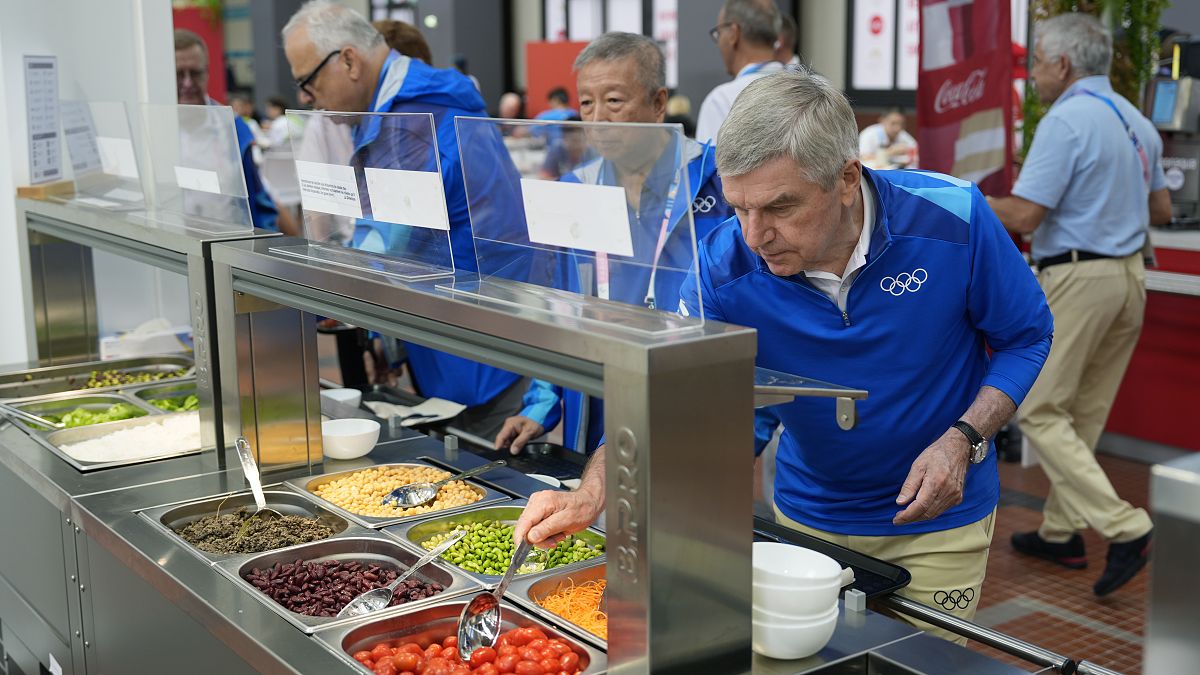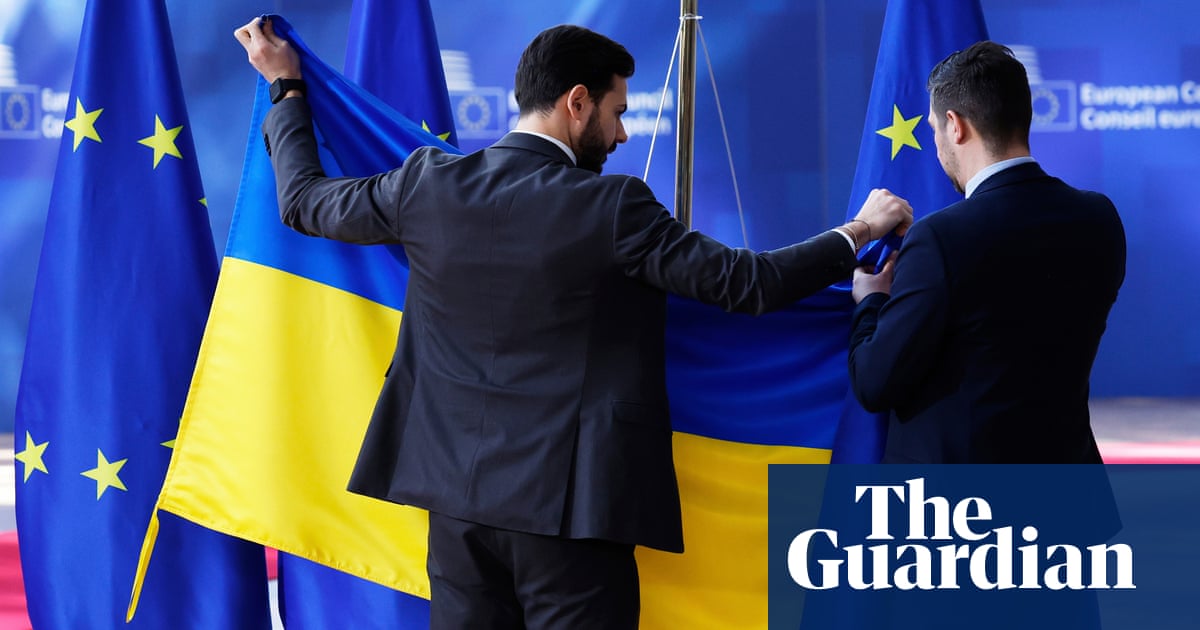Olympics stir EU debate on need for meat-based protein

The Paris Olympics have stirred debate in Brussels after athletes complained about the lack of animal protein-rich diet.
An alleged ‘Last Supper’ parody during the Paris opening ceremony raised hackles, but the actual food on offer at the Olympic village has ignited a debate which reached Brussels this week over athletes’ need for a meat-based diet.
The German men’s hockey team has panned the food served at the Olympic Village, calling it “a disaster”, while British athletes flew an additional chef out to Paris to bridge a shortfall of supply.
Andy Anson, CEO of the UK Olympic Association, lamented the lack of protein – especially chicken and eggs – on menus in the village, and also raised concerns about meat being served raw.
The Paris 2024 Food Vision document aimed to serve 13 million meals during the Games to the athletes featuring locally sourced, seasonal food with reduced animal protein to lower the Games’ carbon footprint compared to the London 2012 and Rio 2016 Olympics.
Following the complaints, Étienne Thobois, CEO of the Paris 2024 Games, announced adjustments, including an increase in animal proteins.
“A reinforcement in animal proteins, with 700 kilos of eggs and a ton of meat, will meet the demands of the athletes,” Thobois told a press conference this week.
Sodexo Live, the French company responsible for catering, temporarily shifted from its initial eco-friendly commitments, stating that “certain products, such as eggs and grilled meats, are particularly popular among athletes, so their quantities have been immediately increased.”
In Brussels, the food issues at the Olympics sparked reactions, as the EU also aims to promote plant-based diets in a similar fashion under its Farm to Fork strategy, the bloc’s flagship food policy.
Christiane Lambert, president of the EU farmers’ lobby Copa Cogeca, criticised the shift away from animal protein on social media platform X in a bid to defend Europe’s livestock sector, adding that it hurts seeing that this situation is happening in the land of gastronomy.
“Prescribers [of these diets] have underestimated the need and desire for high-protein foods, offered by animal proteins, to repair muscles and recover between events and training sessions… need for carbohydrates too,” she said.
She warned that the EU similarly underestimates the diversity of dietary needs based on age, gender, physical activity, climate, traditions and culture.
On the other hand, the European Vegetarian Union (EVU) welcomed the Food Vision’s emphasis on plant-based options and local sourcing.
“This is an opportunity to showcase to millions of people that plant proteins are a better alternative for the planet and can also support athletic performance,” EVU policy manager Rafael Pinto told Euronews.
Pinto cited significant scientific evidence showing that fully plant-based diets can support athletic performance and muscle recovery without disadvantages.
He also emphasised the importance of ensuring proper protein and carbohydrate intake and educating athletes and their teams about plant-based alternatives.
“Athletes requiring high animal protein diets is a myth that has been busted a long time ago. Those perpetuating it in these Games aren’t basing their arguments on science,” he argued.
Related
Zelenskyy reiterates call for air truce after huge Russian attack…
We need Russia to stop attacks, Zelenskyy says, backing calls for truce in air, at seaUkrainian president Volodymyr Zelenskyy has responded to overnight attacks
Europe scrambles to rearm as Trump threatens security guarantees and…
CNN — European leaders have vowed to rearm the continent at historic emergency talks h
Russia launches ‘massive’ attack on Ukraine after Europe rushes to…
Ukraine's energy and gas infrastructure came "under massive missile and drone shelling" by Russia on Friday, a Ukrainian minister said."The energy and gas infra
American severance may be averted, but Europe’s leaders must fear…
With a mixture of regret, laced with incredulity, European leaders gathered in Brussels to marshal their forces for a power struggle not with Russia, but with t












